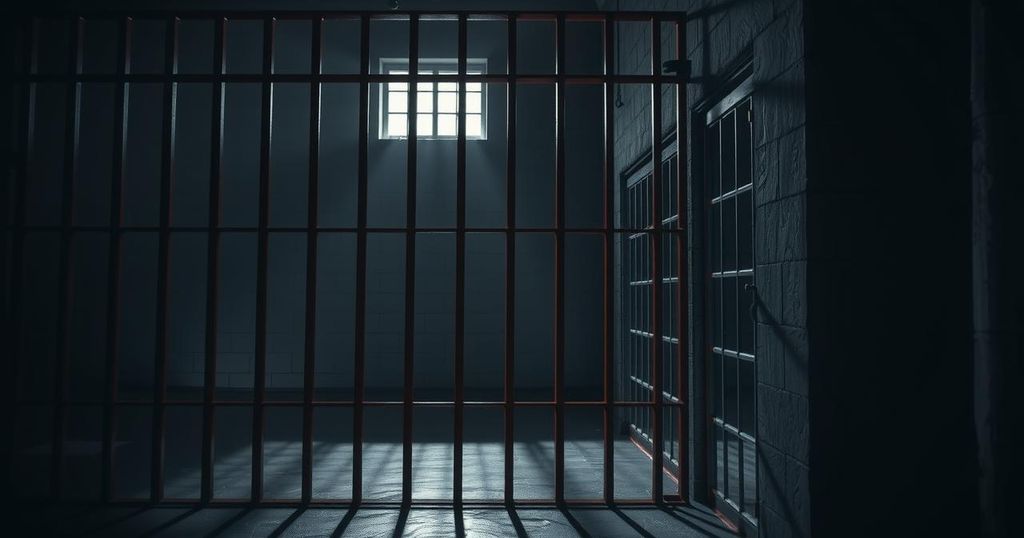Family in Despair Over Deported Venezuelan Son’s Health Condition

- Wladimir Vera Villamizar had major lung surgery before his deportation.
- His family has not heard from him since his detention in March.
- Medical experts are alarmed at the speed of his detention after surgery.
- Vera’s family fears he is not receiving necessary medical care.
- CEOCAT has been reported for its inhumane conditions and treatment.
- The ongoing legal back-and-forth complicates the case for Vera’s family.
Wladimir Vera Villamizar Experiences Surgical Complications
The recent fate of Wladimir Vera Villamizar, a 33-year-old welder from Venezuela, has raised concerns among family members and human rights advocates. After undergoing major surgery for severe health issues related to tuberculosis, Vera found himself caught in the web of U.S. immigration enforcement policies. His mother, Mariela Villamizar, has been understandably anxious about her son’s health after he was released on an ankle monitor following a significant operation, only to be re- detained and deported to a notorious prison in El Salvador shortly after.
Concerns Over Medical Treatment In CECOT
The emergency surgery that Vera underwent — a total right pneumonectomy — is incredibly rare and comes with its own set of risks and extensive recovery needs. Medical experts argue it’s particularly alarming for a patient to be detained so soon after such a major operation. Details have emerged regarding his condition post-surgery; the severity of the operation raises a lot of questions about his access to essential medical care while held in a facility known for its extreme deprivation of prisoner rights. Vera’s mother has not heard any updates since March 13, further compounding the family’s worries.
The case of Wladimir Vera Villamizar underscores the dire situation faced by many Venezuelan families navigating the U.S. immigration system. Concerns about adequate medical treatment for individuals with serious health conditions, particularly those awaiting deportation and housed in prisons like CECOT, are paramount. The intersection of health, legal rights, and immigration policy raises troubling questions that must be addressed urgently to protect vulnerable individuals.






